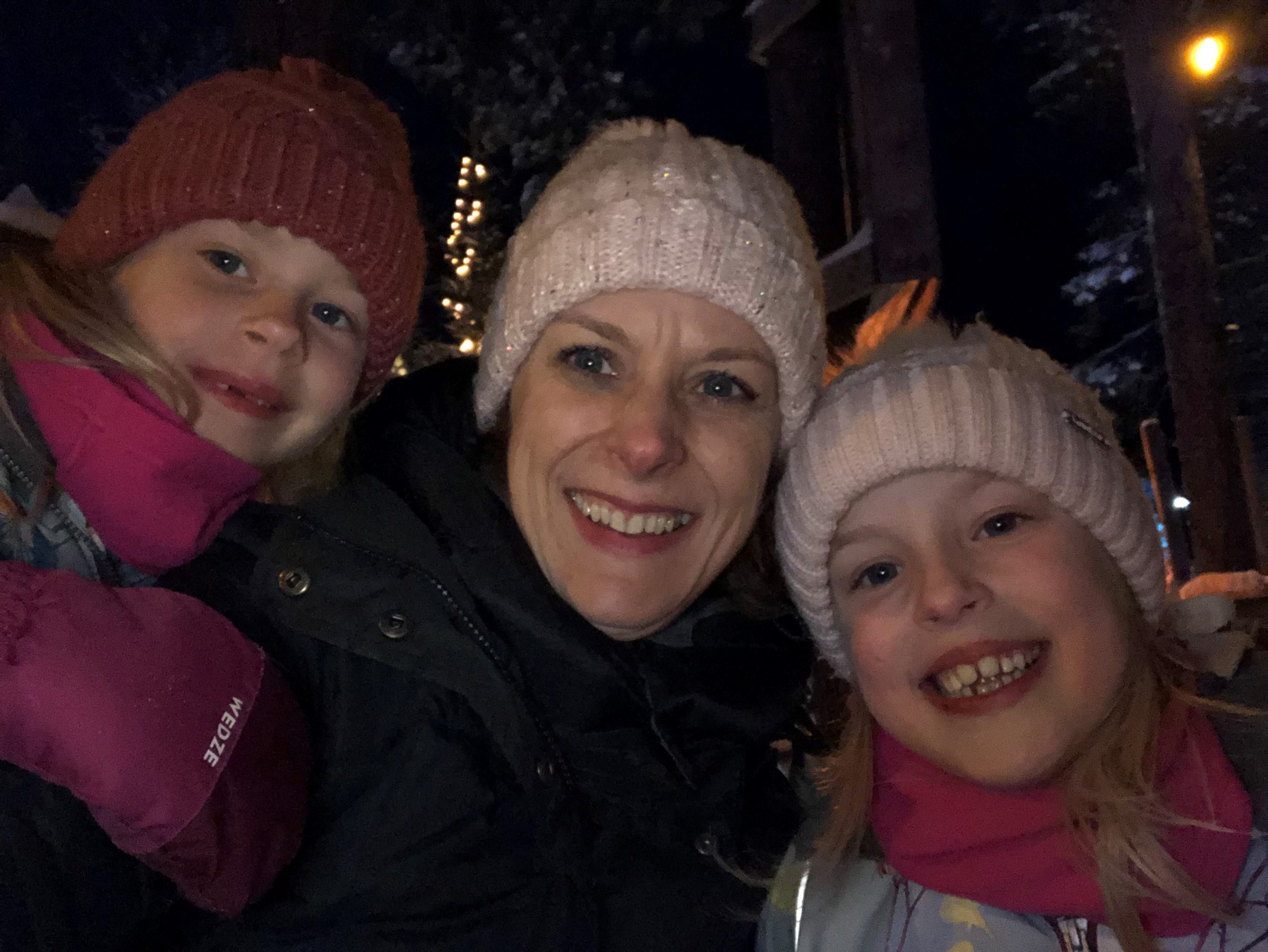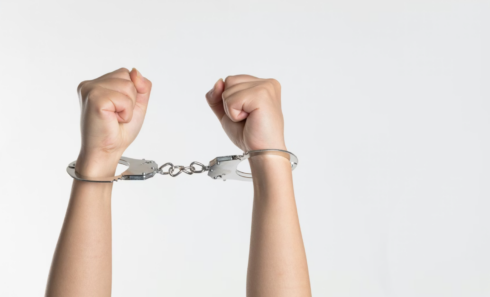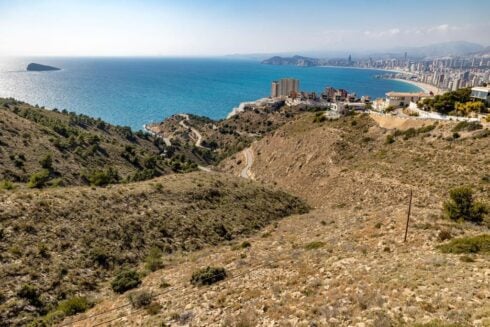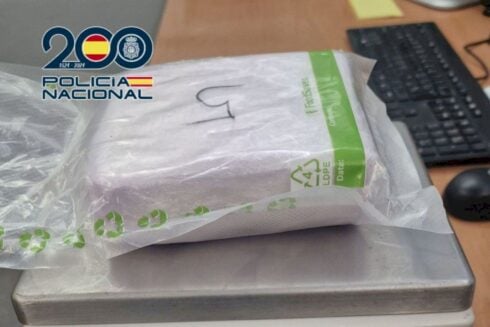UNTIL 1972, women in the Foreign Office had to leave the service on getting married. Now, a generation later and women hold some of the most powerful positions. In total, more than a third of Britain’s ambassadors, heads of mission or governors are women.
“It’s not just the numbers but the fact of where the roles are,” explains Cowley. “Women occupy some of the most important diplomatic roles in the world right now, including Russia and Ukraine.”
In fact, all of the UK’s ambassadors to the P5, the permanent members of the UN’s security council (America, Russia, China and France on top of the UK) are women.
Cowley herself is a trailblazer. In 2014 on a posting in Latvia she became the first ever British Ambassador to take maternity leave. And two years later, she became the second with the birth of her second child.
“That’s partly an age thing – that I was in the role at an age young enough to have children but it shows how much the profile has changed,” said the 43-year-old who took up the role as Deputy Head of Mission in Madrid last August.
“My boss was a woman and was super supportive and did exactly the right thing, which was to congratulate me and on realising there was no precedent, set about how we were going to arrange it,” Cowley said.
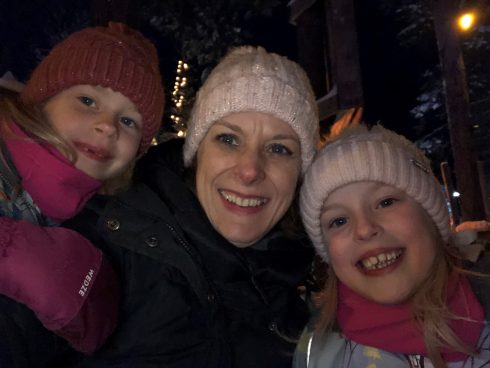
“Having that support was amazing and the organisation itself made a point of celebrating it.”
In fact, she believes herein lies the success of the transformation of the Foreign Office which was traditionally seen as the domain of men from a certain background.
“It makes a point of celebrating diversity and the achievements of different people from different backgrounds to show that this career isn’t limited to those of a certain gender, background, socio-economic or otherwise.
“For the Foreign Office to reflect modern Britain we need a real diversity of people and a diversity of thought.”
She admits that the sea change has been massive in a relatively short time.
“At one point ambassadors were men with probably a wife who didn’t work and looked after the family as they followed their husbands around the world.
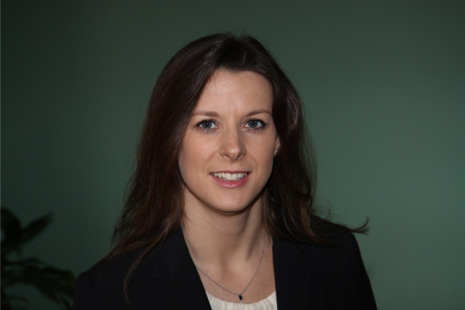
“I think what women are showing now is doing the job differently because they often have husbands who work, who sometimes go with them and sometimes don’t. Some have children who are with them, some don’t have children.”
“Our diplomats now are different; there are single people, people with families, some with gay partners, people with lots of different backgrounds.”
Her message is one that transfers to all aspects of life and career and a strong message for International Women’s Day.
“There is a responsibility for those of us who have been the first to do something to showcase that to others, so they can see it can be done and how it can be done.
“Not hiding their achievements and not being overly modest about them, they may not seem like big achievements to you but to other people they could be really inspirational. You are role modelling and blazing a trail for what others can do.”
READ MORE:
- Women’s Day: How Spain became a pioneer in women’s rights but still has a long way to go
- 8M in Malaga: Programme with all the rallies taking place in Spain’s Malaga for Women’s Day
- What Women’s Day means to three generations of strong Spanish women
Click here to read more Must Read News from The Olive Press.

